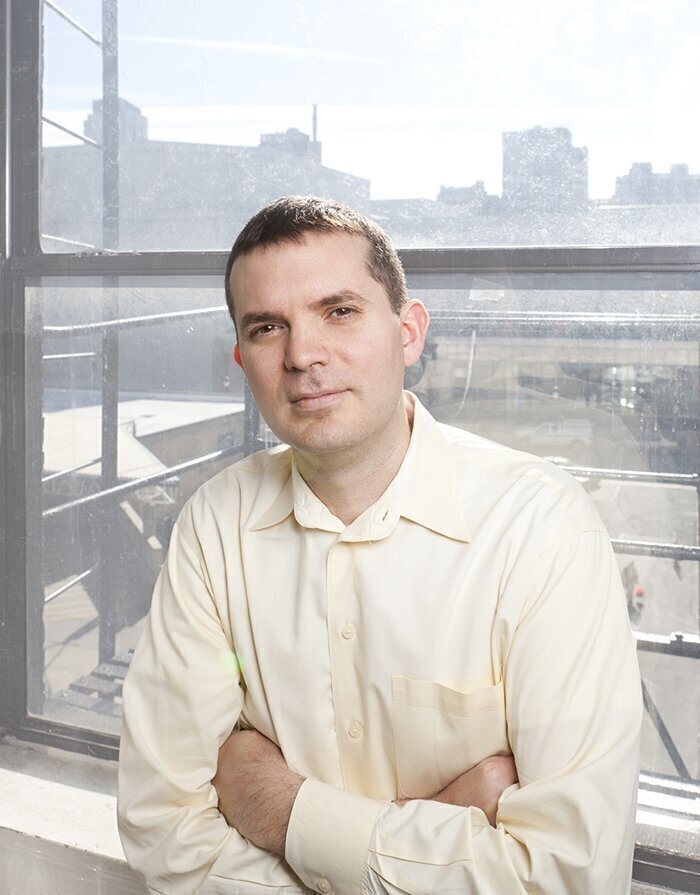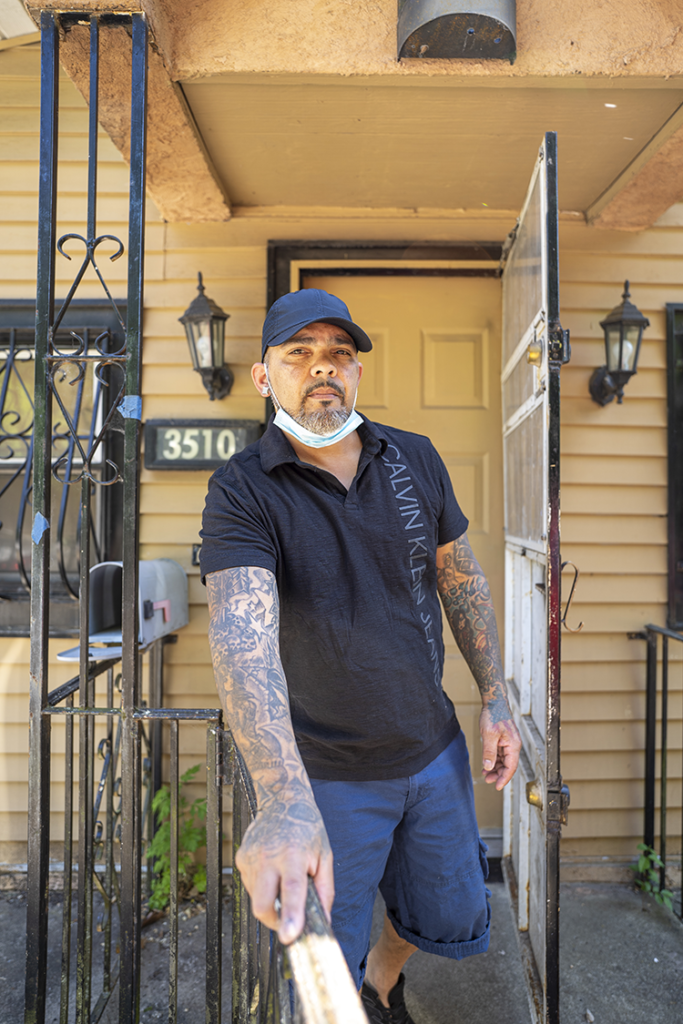Construction managers bring buildings to life. Without them, nothing happens.
“We orchestrate the construction process,” explains Gulbin Ozcan-Deniz, the director of Construction Management On-Campus and Online Programs at Thomas Jefferson University. “So we’re not designers, but we work with designers. We work with architects and engineers. We take their design and make it live at the construction site.”
To turn an empty lot into a building takes an exceptional eye for detail. “We have to find the cost of items. How many of each item do you need? What’s the schedule when each item is needed? When you get your crew in, how do you track them and is everything safe?” says Ozcan-Deniz.
Kimberlee Zamora, who worked in the construction world for over 20 years prior to becoming a professor at Jefferson, approached the job from a very frugal standpoint.
“The owner’s money was like my money,” says Zamora.

One of the best ways to save money is to minimize waste, and that can take many forms. Things as simple as making sure that equipment isn’t idling and that tools are used properly, can drive down the emissions of a site.
Of course, recycling materials is also key.
“Putting your wood somewhere, your steel still somewhere, you can set them aside to be recycled instead of going to the landfill. That’s one of the biggest contributions we can make.”
Avoiding waste altogether through ordering the proper quantities of materials is another way a construction manager can improve the bottom line and limit the negative environmental impacts at a building site.
“If you calculate better, you have less waste,” Ozcan-Deniz says.
As you might expect, managing an undertaking as large as a building requires well-honed organizational skills.
“One of my construction mentors used to say that you have to have just a little bit of ADD to be able to get this job done because you’re just in so many different directions. But you need to have structure to keep all the plates spinning.”
And you also need confidence.
“It’s not glamorous when you’re fighting with somebody [on site]. You’re like, ‘No, I told you that the trench needs to be here, so guess what, you’ll get the machine and put it here.’ You have to be sure of yourself.”
Construction management has been a male-dominated field, but Jefferson’s Construction Management (which includes an ABET accredited BS and one of the top-ranked MS programs) has Ozcan-Deniz as its leader and Zamora on staff, and they plan to hire a third person soon. Therefore, women will comprise at least two-thirds of the department.
Zamora recounts stories how, as an intern, someone asked her if it was “Bring-Your-Daughter-to-Work Day.” Or another time when a colleague got her a pink hard hat, which she refused to wear. But Zamora is not bitter, and thinks things have improved.
“Ultimately, it’s just a matter of doing a good job, knowing your stuff, and then that paves the road for the next generation.”
Ozcan-Deniz agrees. “In our profession, we need a lot of organizational skills, management skills, etc., so anybody with those skills can bring that forward. It’s more the characteristics and mindset—if your mind is ready to do what a construction manager does, if you enjoy it. Each project is unique, you usually make more money than other construction jobs. There are different opportunities, you can work locally, and you can go and work in an international location.”
If you have that kind of excitement for buildings, and the right set of skills, construction management might just be your calling.
The mission of Jefferson’s College of Architecture and the Built Environment is to educate the next generation of design and construction professionals to create an equitable and sustainable future. Learn more at Jefferson.edu/Grid.








